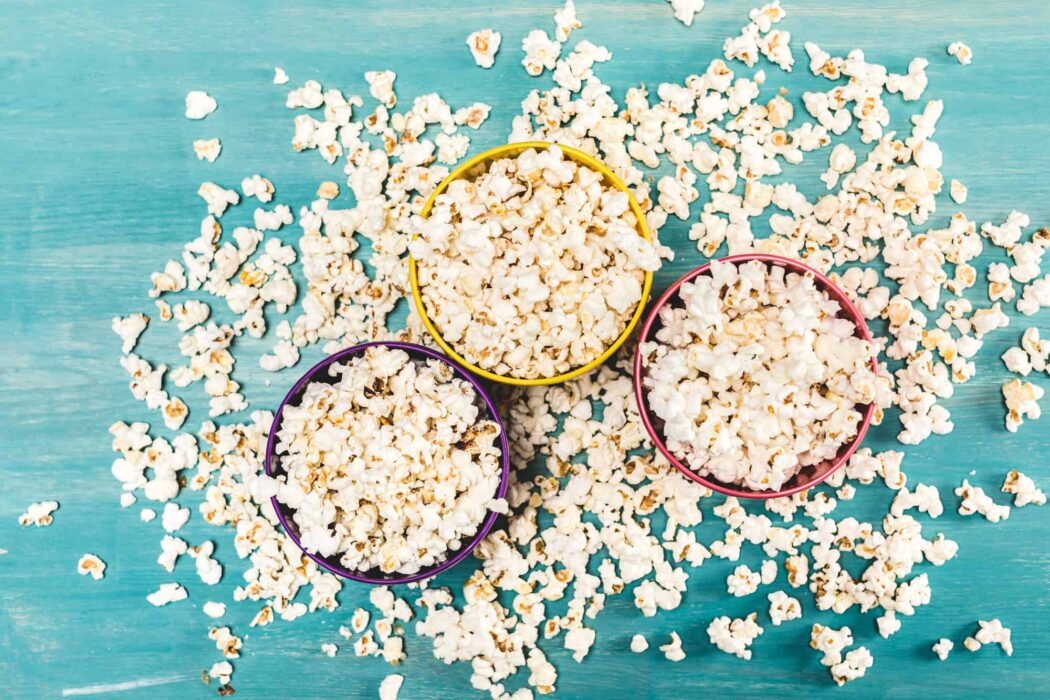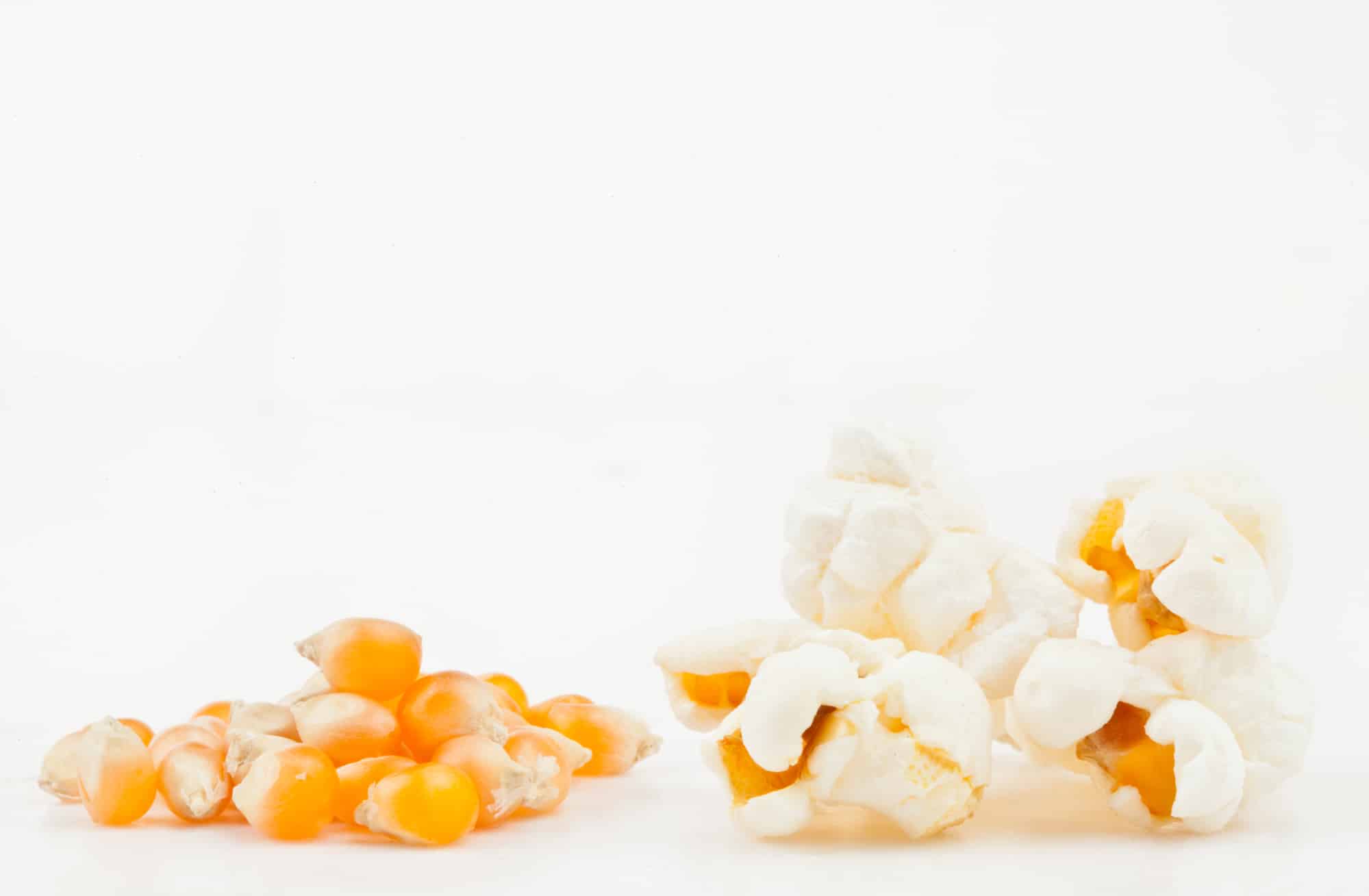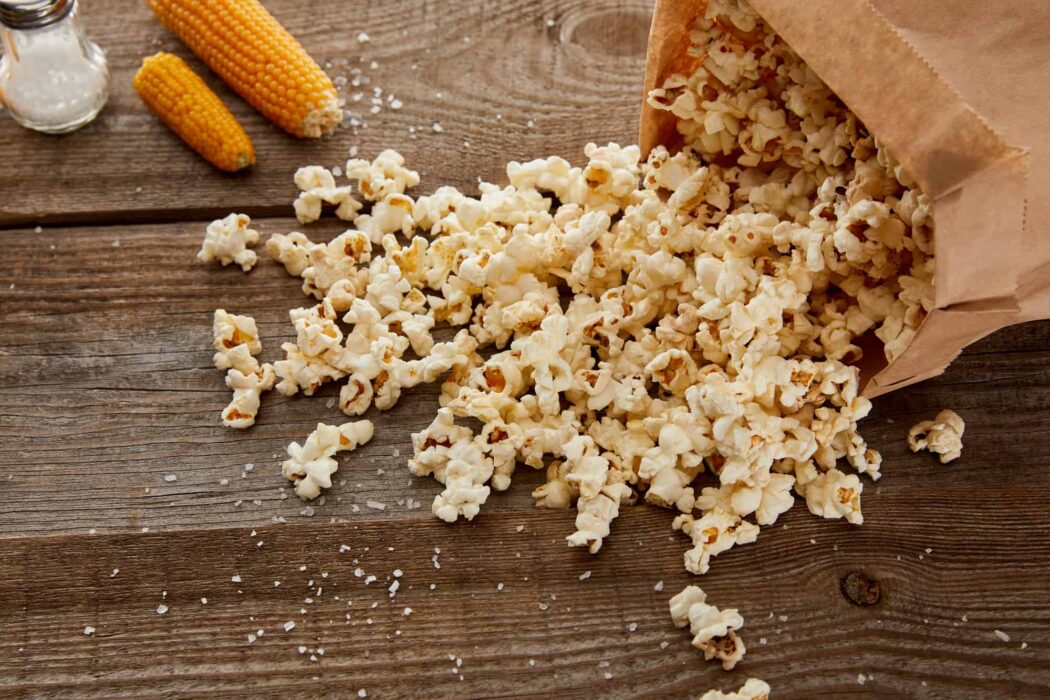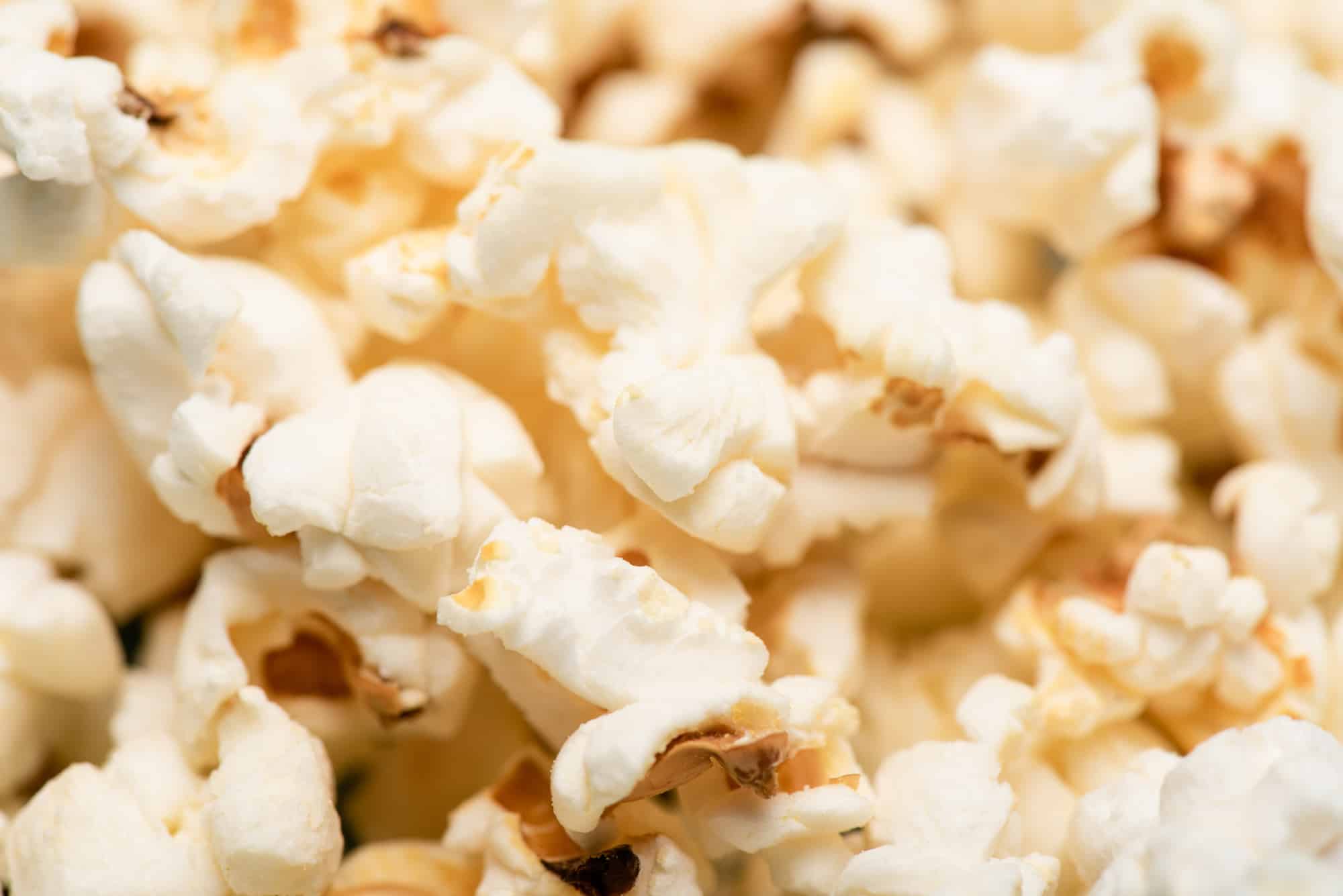Perfect popcorn with salt, cheese flavor, or crunchy caramel … There is hardly anyone who does not like this snack on a cozy romantic evening or in a big noisy company. Unflavored popcorn can be a nutritious snack and a good source of vitamins, minerals, healthy carbohydrates, and fiber. However, since popcorn contains carbs, you may wonder if it can fit into a low-carb, high-fat ketogenic diet. Can you continue eating popcorn during your low-carb diet? Is popcorn keto?
In fact, the answer can be either positive or negative. I can say that popcorn is keto with a very small serving, no sugary additives, and during stable ketosis. A large amount of popcorn is not keto, especially if you love the caramel flavor and sweet flavoring. However, popcorn has benefits for both the keto diet and your overall health.

How many carbohydrates are in popcorn? Can you eat popcorn on a keto diet, and what is the allowed quantity? Do you need some special popcorn? What are the benefits of popcorn during a keto diet? How to replace popcorn on keto? In this article, I will give you all the details. Let’s figure it out together!
What is Popcorn?
Popcorn is a special type of corn that contains three main components – endosperm, germ, and bran. The bran, also called the hull or pericarp, is the popcorn kernel’s outermost layer, made from cellulose. The living part of the nucleus is the embryo, which is protected by other layers. Starch is what provides energy for the embryo. Starch actually makes up the innermost part of the nucleus, also known as the endosperm.
Is Popcorn Keto?
Five pieces of popcorn contain 150 total calories, so it’s quite low in calories compared to other snacks. It’s worth noting that popcorn contains only 30 calories per cup, including 0 g fat, 5 g net carbs, and 1 g protein. Butter popcorn contains 45 calories per cup, including 2g fat, 4g net carbs, and 1g protein. So yes, popcorn is keto.
Is Corn Keto: Main Reasons to Avoid It during Weight Loss
For people on the usual ketogenic diet, one glass of popcorn is fine as long as your daily carbohydrate intake is between 15 and 20 grams of carbohydrates. The amount of carbohydrates you can get without falling out of ketosis is highly dependent on the person, so it’s important to know your norm. For example, some people may eat up to five glasses of popcorn (about 20 grams of net carbs) and feel great, while others may indulge in this treat only occasionally while going to the cinema.
If you know that your daily carbs intake is already about 20 grams and there is a chance to “throw” the body out of ketosis, you should refrain from popcorn. However, popcorn can be a great solution if you’re used to having dessert after dinner. While it might not be as great as a bowl of your favorite ice cream, it can still satisfy your need for a little late-night snack.

Health Benefits of Popcorn
Popcorn is considered a relatively healthy food by modern standards. It contains essential vitamins and minerals, including vitamin A, vitamin B6, vitamin E, vitamin K, folic acid, niacin, riboflavin, thiamine, and pantothenic acid. Let’s take a closer look at its health benefits.
Natural corn is a source of vitamins and valuable minerals. Thanks to the short-term impact of temperature, beneficial substances are also found in popcorn. The benefits of popcorn for the body are obvious:
- It improves metabolic processes and prevents processes that promote fat deposition. Corn is rich in carbohydrates, proteins, and B vitamins. It activates metabolic processes and helps to reduce body weight.
- Corn has low-calorie content. Thanks to this, natural popcorn can be included in the diet for weight loss. Airy grains fill the stomach, suppressing hunger. They can be consumed by anyone who wants to lose weight.
- It maintains health and tone. Corn is rich in minerals that the body needs to support vital processes and a strong immune system.
- Corn is a powerful antioxidant. Popcorn contains polyphenols that have powerful antioxidant properties. It prevents the development of cancer and heart disease.
- Corn helps prevention of diabetes mellitus. Corn grains are rich in fiber, which helps lower blood sugar and bad cholesterol.
- It helps the body eliminate toxins. Once inside, corn fibers act like a brush, cleansing the digestive tract of accumulated chemicals and carcinogens.
- It also saturates organs with B vitamins and fiber and satisfies hunger well. Two or three handfuls of popcorn will keep you feeling full, so you don’t overeat.
Note that the above positive properties of corn treats are relevant exclusively for a natural food prepared without the use of toppings, fat, flavor enhancers, and other additives.

How to Replace Popcorn on Keto?
Cheese Sticks
Replacing corn for cheese is a great idea. After all, who doesn’t love cheese? You can make low-carb cheese sticks at home by cutting your favorite cheese into slices and letting them dry for 24 hours. Be sure to cover them with a towel. Once they are dry, put them in the oven for 3 minutes at about 90-93 degrees. Or try my favorite keto mozzarella sticks!
Sunflower Seeds
Need something low-carb for a snack while you’re watching the movies? Forget the popcorn. Your choice is salted sunflower seeds. Sunflower seeds are an excellent source of vitamin E and fiber, which can help reduce inflammation in the body. Not to mention, they provoke the same addiction as popcorn. A 100 gram serving of sunflower seeds contains:
- 584 calories
- 51 g fat
- 20 g of carbohydrates
- 9 grams of fiber
- 11 grams of net carbs
- 21 g protein.
If you’re on a ketogenic diet, a handful of sunflower seeds is enough.
Bacon Chips
Can fried bacon replace popcorn? Let’s see: it is crispy and salty. It sounds like a great replacement! A 100-gram serving contains the following:
- 544 calories
- 31.3 g fat
- 0 g carbohydrates
- 61.3 g protein.
Since pork is high in protein per serving, this is one of the best low-carb snacks.
Carbs in Bacon: Everything You Want to Know
Sprouted Nuts
Eating nuts is part of a healthy keto diet. Nuts are a good source of minerals, vitamins, nutrients, and antioxidants. Sprouted nuts are easier to digest than popcorn (and raw nuts) because they have been soaked in water to decontaminate doubtful compounds. They are also crunchy and satisfying.
Sprouted nuts like almonds, pecans, and cashews will work great for your keto diet. You can also make your own sprouted nuts by soaking them in salt water overnight. The next day, rinse the nuts and toss in coconut oil and sea salt. Bake in the oven until crispy.

Conclusion
If you want to enjoy popcorn on a keto diet, consider limiting your other high-carb foods so that you don’t exceed your net carb limit. Popcorn contains much fiber and few net carbs unless you add chocolate sauce or caramel.
Therefore, eating popcorn instead of high-carb, low-fiber foods on a keto diet can help meet your carb needs without going over your daily intake. The main thing is not to forget to take into account all food containing carbohydrates and not to ignore green vegetables on a keto diet.